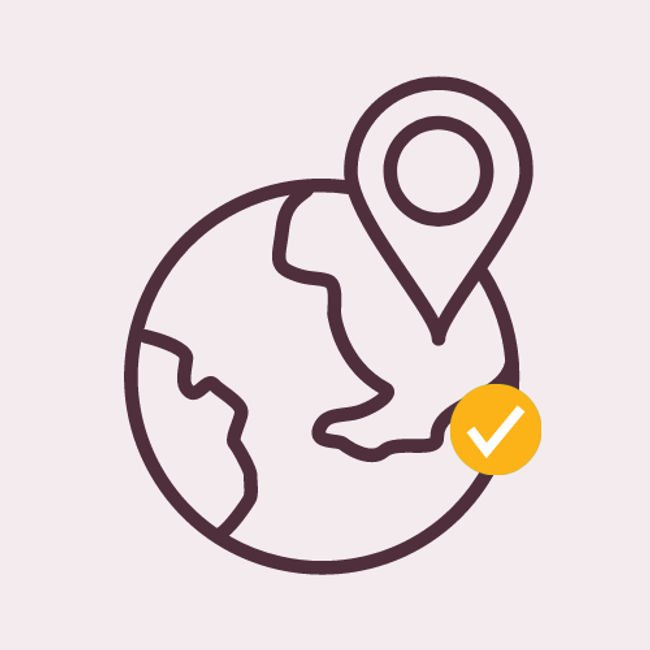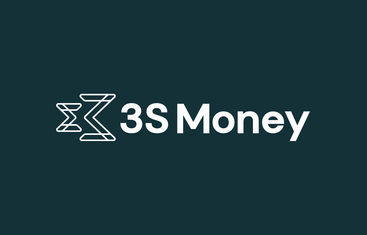Managing cross border finance and currency risk as part of the manufacturing industry is open to a number of issues:
Paying for materials can become more expensive if effective currency tools and risk management strategies are not in place
Recurring payments to contractors and staff making up a global workforce can become expensive
Expense management for logistics teams, like fuel cards, can rack up in cost in instances where they are crossing borders
Rising inflation can harm the overall currency performance of a business
Opting for a cross border payment solution will aid in reducing currency risk and improving international financial performance.
Key problems solved
.png)
Payments for suppliers
Make regular supplier payments in bulk, as one offs and importantly across borders. This includes the use of tools to reduce the impact of changing exchange rates.
.png)
Receiving payments
Raise invoices and accept payments without paying heft bank charges on incoming cross border payments.

Domestic and international mix of payments
Use multi-currency accounts for both domestic and international payments from one place. This also syncs to accounting software like Xero.
.png)
Managing currency risk
Build partnerships with currency brokers to reduce the impact of exchange rates on payments for materials or incoming payments billed in a different currency.
.png)
Batch contractor payments
Send up to 5,000 payments in one batch and get a better exchange rate and fees than sending one by one. This also saves time and can be managed with a guaranteed exchange rate as well.
Recommended manufacturing provider

3S Money is our recommended provider for manufacturing companies. They offer the huge flexibility on IBAN accounts and support for large payments.
![International Finance for [Manufacturing]](https://cdn.crossborderpaymentsolutions.com/tr:f-auto,w-409,h-195,fo-center/uploads/2024/09/1725456199-International%20Finance%20for%20Healthcare%20(2).png)
.png)
.png)
.png)
.png)
.png)
